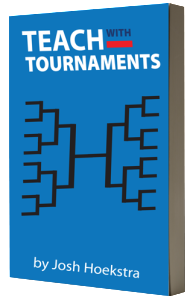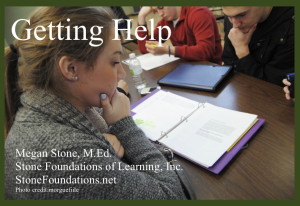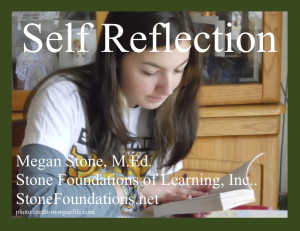It is the second week of May. How can I be talking about finals? Truly, final exams are less than a month away. It may be hard to believe, but if your children are in middle or high school they need to start thinking about finals. Most students are now in the last weeks of the second semester of school and that means end of the semester or end of the year finals are quickly approaching.
Finals can be a stressful time filled with too little sleep and too many tears after spending late nights cramming. Preparing ahead of time is essential to alleviate some of this stress. Help your children get organized now.
First, have your children find out from each teacher if there will be a final exam. If there is a final assessment planned, determine what material will be covered and what is the scheduled date for the exam. Second, use that information to help your children with a study plan. Work backwards to allow enough time to review and if necessary re-learn the material for mastery. Have your children write these extra study times in their student planner as additional daily work.
After they complete the study time and feel confident in their knowledge, it is necessary to take and grade a practice test. Practice tests are often found in the student’s textbook or the teacher may be willing to provide a practice exam. Discovering how well they do on a practice test allows children to build confidence in their mastery of the material. This method also helps kids discover where they still need to spend time working on mastering the material.
Cramming is done in days, true knowledge and confidence takes weeks. Thus, have your children start soon to prepare for finals in June.





